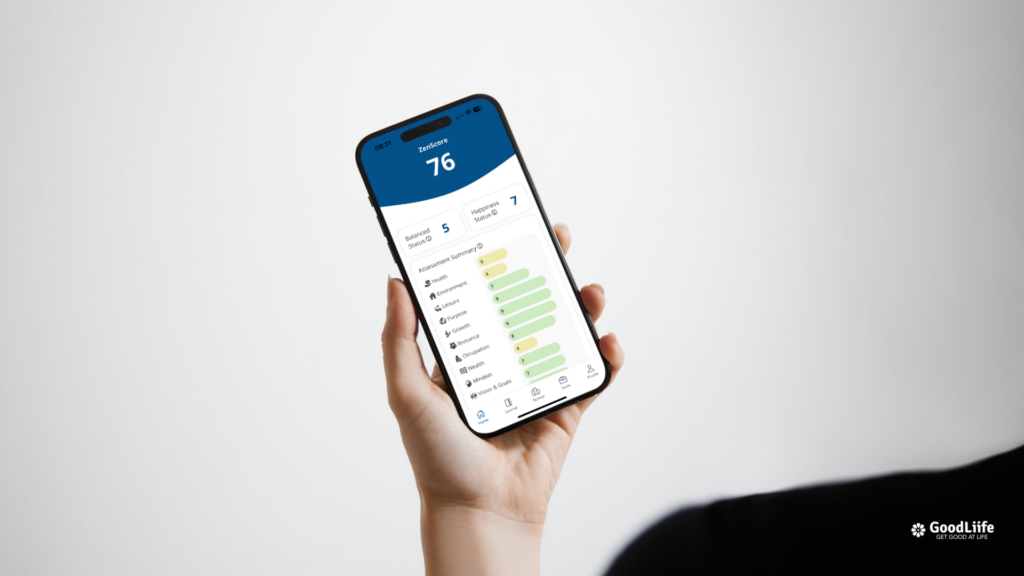Have you ever felt a calling to help others uncover their true selves and find deeper meaning in life? Becoming a spiritual coach is more than just a career—it’s a journey of personal and professional growth. Spiritual coaching goes beyond traditional methods, diving into the soul to help others align their lives with their higher purpose. Let’s explore what it means to be a spiritual coach, the transformative benefits you can provide, and how to start your journey toward this fulfilling path.
What Is a Spiritual Coach?
As a spiritual coach, you guide individuals on their journey to self-discovery and alignment with their higher self. Your role is to help clients tap into their inner wisdom, providing tools and practices that foster personal growth, emotional healing, and spiritual awakening.
Unlike religious mentors, spiritual coaches embrace a holistic approach that transcends specific faiths. By integrating mindfulness, intuition, and universal principles, you’ll help clients find clarity, peace, and a renewed sense of purpose.
The Benefits You Can Offer as a Spiritual Coach
Guiding Self-Awareness
- Help your clients uncover their thoughts, emotions, and beliefs, enabling them to better navigate life’s challenges.
Facilitating Emotional Healing
- Create a safe space for clients to release past traumas and unresolved emotional wounds.
Helping Clients Find Purpose
- Assist individuals in identifying their life’s purpose and making choices that align with their soul’s desires.
Fostering Better Relationships
- Teach practices that cultivate inner peace and emotional balance, empowering clients to build healthier connections.
Reducing Stress and Anxiety
- Introduce mindfulness and meditation techniques to help clients lower stress levels and improve overall well-being.
How You Can Guide Others Through Spiritual Coaching
Your coaching sessions will typically involve:
- Personalized Guidance: Tailor your approach to each client’s unique challenges and aspirations.
- Mindfulness and Meditation: Teach practices that help clients remain present and cultivate inner tranquility.
- Energy Healing: Incorporate techniques such as Reiki or chakra balancing to support energetic alignment.
- Journaling and Reflection: Encourage self-discovery through writing exercises.
- Goal Setting: Blend spiritual insights with tangible goals to help clients apply their growth to everyday life.
Why Become a Spiritual Coach?
Becoming a spiritual coach allows you to:
- Make a Positive Impact: Help others transform their lives and unlock their highest potential.
- Experience Personal Growth: As you guide others, you’ll deepen your own spiritual understanding and self-awareness.
- Build a Meaningful Career: Create a fulfilling profession that aligns with your values and purpose.
- Work Flexibly: Spiritual coaching can be practiced one-on-one, in group settings, or even online.
How to Start Your Journey as a Spiritual Coach
- Seek programs that offer certifications in life coaching, energy healing, or spiritual development.
Develop Your Skills
- Hone your ability to listen intuitively, provide guidance, and facilitate personal growth.
Define Your Niche
- Identify the specific areas you want to focus on, such as emotional healing, mindfulness, or purpose discovery.
Build Your Practice
- Create a coaching framework, establish your brand, and start reaching out to potential clients.
Seek Tools to Support Your Practice
- Leverage apps and resources that enhance your effectiveness as a coach.
Using Tools to Amplify Your Coaching Practice

As a spiritual coach, incorporating technology can enhance your ability to guide clients. The GoodLiife Score App is an excellent tool to complement your practice. Its ZenScore™ feature acts as a personal happiness index, allowing your clients to assess their well-being across key areas of life.
Here’s how it supports your coaching:
- Track Emotional Progress: Help clients monitor their growth over time.
- Identify Imbalances: Pinpoint areas needing more attention, whether in relationships, career, or self-care.
- Set Meaningful Goals: Align spiritual insights with actionable objectives.
- Promote Mindfulness: The app’s self-assessment tools integrate seamlessly with mindfulness practices.
By integrating the GoodLiife Score App, you can offer a holistic coaching experience that fosters deeper reflection and balanced well-being.
Conclusion
Embarking on the journey to become a spiritual coach is both empowering and transformative. By helping others discover their inner truth, heal emotional wounds, and align with their purpose, you’ll create a meaningful and impactful career.
Take your coaching to the next level with tools like the GoodLiife Score App. With its intuitive features and focus on balanced priorities, it’s the perfect companion for your spiritual coaching practice. Start your journey today and inspire profound change in the lives of those you touch.
For more information on GoodLiife, visit www.goodliife.net or download the app from the App Store.

Leave a Reply